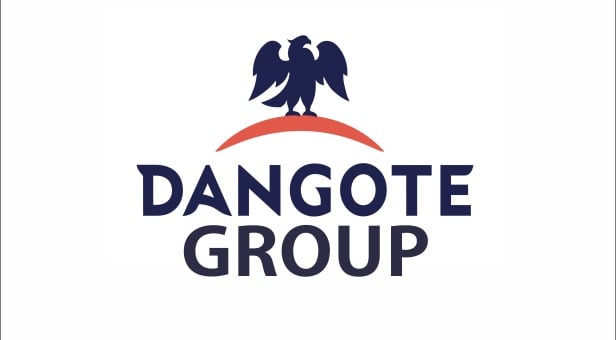
Dangote refutes claim of bike-based fuel distribution service
The Dangote Petroleum Refinery has refuted claims made in a viral video that it is collaborating with a company to distribute petrol via dispatch riders. The company informed our correspondent on Sunday that it has no affiliation with the video and is unaware of its source.
In the video that circulated online on Sunday, a man was seen attempting to bypass fuel queues by ordering petrol through a WhatsApp chat. Shortly thereafter, a rider arrived with a mini fuel dispenser attached to his motorcycle, using it to fill the man’s vehicle with petrol.
The video advertisement, which some speculated might have been created using AI, asserted that the initiative, labeled ‘FuelUp’, was supported by ‘Dangote Petroleum’. As the video gained popularity, some Nigerians praised the concept while others expressed concerns regarding safety.
When contacted by our correspondent, Dangote officials dismissed the video as “fake.” The Group Chief Communication Officer, Anthony Chiejina, stated that the refinery is not linked to the content. “Fake! We are not in any way associated with this,” he conveyed to our correspondent on Sunday.
Another official from Dangote clarified that the refinery exclusively supplies fuel to bulk purchasers and has not entered into any agreements with any company to sell fuel via motorcycles.
It is noteworthy that the Dangote refinery recently imported hundreds of Compressed Natural Gas-powered trucks, which it began using for its direct fuel distribution scheme in September.
This was succeeded by the initiation of plans to increase the refinery's capacity from 650,000 to 1.4 million barrels per day. The refinery, situated in the Lekki Free Trade Zone in Lagos State, ranks among the largest integrated refineries globally.
In recent months, Dangote has concentrated on the integration of modern technologies to enhance operations and ensure compliance with environmental standards. This initiative encompasses investments in cleaner energy sources, the automation of processing systems, and the fortification of logistics infrastructure to enable the efficient distribution of refined products.
These improvements align with the refinery’s objective of satisfying the increasing domestic fuel demand while maintaining competitiveness in both regional and global markets.
The announcement regarding the escalation of production from 650,000 to 1.4 million barrels per day signifies a strategic initiative aimed at doubling output to address Nigeria’s rising fuel consumption requirements.
By increasing capacity, the refinery will not only improve local supply but also establish itself as a significant contributor to Africa’s energy sector. This proposed expansion highlights Dangote’s dedication to industrial advancement, regional integration, and long-term sustainability within the nation’s oil and gas industry.





